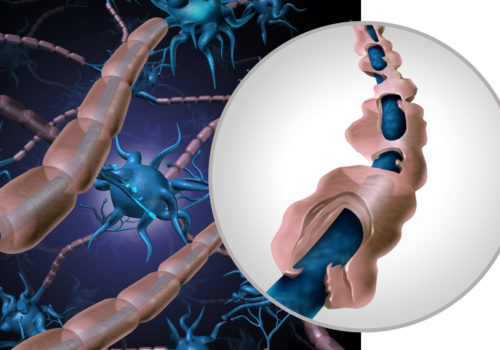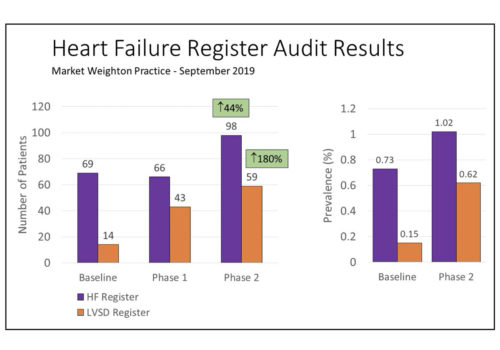Aortic stenosis (AS) is the commonest cardiac valve disease in developed countries, with aortic sclerosis affecting 26% of people aged 65 and over and severe AS occurring in 3% of people over 75 years. It will become more prevalent with the ageing population. Symptoms include dyspnoea and chest pain, but these are often missed so many patients are currently undiagnosed. Once symptoms occur, prognosis is poor, with average survival being only two to three years.
Aortic valve replacement is the only effective treatment for severe, symptomatic AS and is recommended in both European and US guidelines, but many older patients with co-morbidities are currently considered unsuitable or too high-risk for open-heart surgery. The development of transcatheter aortic valve implantation (TAVI) offers an effective treatment option for these patients. Latest figures show the number of patients undergoing TAVI in the UK is below that recommended by the National Institute for Health and Clinical Excellence (NICE) and the rate in other European countries, indicating scope for increased referrals and use of this procedure to improve outcomes.























